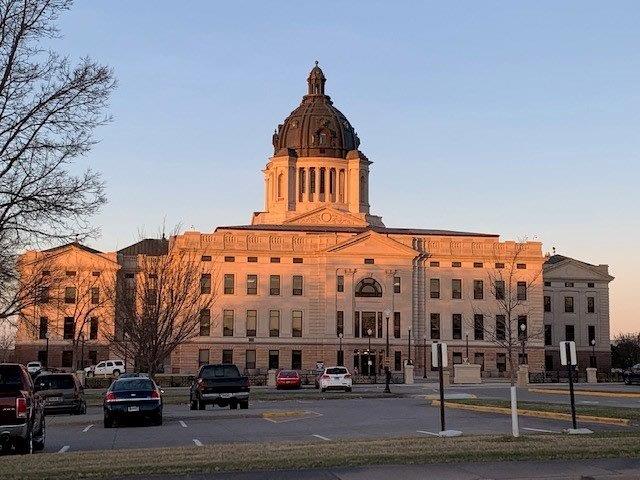We finished Legislative day 25 of the 98th legislative session.
This week we finished revenue setting for fiscal year ending June 30, 2023, and June 30, 2024. The revenue setting committee is made up of 5 Senators and 5 Representatives, all from the Joint Committee on Appropriations. Revenue projections and rationale is heard from Bureau of Finance Management and Legislative Research Council from which the committee establishes a revenue forecast, which is than presented to the Joint Committee on Appropriations for approval. The committee revised FY2023 Revenue Projection to $2,301,128,999 and the FY2024 Revenue Projection of $2,388,765,706 which was approved by the Joint Committee on Appropriations.
We will continue to address one-time spending bills which at this time exceeds projected revenue for FY2023 by $170 million. Revenue projection for FY24 is a 3.8% increase over projected FY2023 revenue.
We continue to hear bills in the House Appropriations Committee. Last week we heard testimony on bills having a fiscal impact. Some of the bills heard in committee were: We passed HB 1039 to revise certain provisions regarding the payment of tuition for member of the South Dakota National Guard. We passed HB 1045 to increase the base salary schedule for County Veterans Service Officers. We passed HB 1166 to revise certain provisions related to the expense allowances of legislators. We passed HB 1070 to create the center for American exceptionalism at Black Hills State University. We passed HB 1065 to increase the maximum amount of dollars payable by the State to erect the headstone of a deceased veteran. We passed HB 1127 to make an appropriation to support volunteer fire department. We heard testimony but deferred action on HB 1195 to continue enhanced and transitional rates for community services and support providers. We didn’t pass HB 1151 to create the South Dakota paid family leave program. Testimony on all tax cutting bills was deferred until Tuesday, Feb 21st which include HB 1075 cutting the grocery tax to zero which comes at a cost of $116 million, HB 1043 cutting the tax on homes which comes at a cost of $73.5 million and HB 1137 cutting the general sales tax to 4% which comes at a cost of $173.5 million.
Major ongoing spending bills yet to be heard are increases from the Governor’s proposed budget for K-12 aid to education, the technical college formula, Medicaid provider rates and state employment rates. The cost associated with an increase from the Governor’s proposed 5% would cost an additional $18 million for every 1% increase.
The Governor recommended targeted increases to get Medicaid providers to 90% of cost. To increase from 90% to 100% of cost would require another $30.5 million in general funds which we are considering.
Another proposal which is being discussed is a tuition freeze for state universities and technical colleges which would require and additional $12.5 million in general funds. Also being considered is a cut in tuition at the Universities of 3% and Technical Colleges of 26%, putting us more in line with our neighboring states and would require an additional $12 million in general funds.
In addition, we are looking ahead and planning for Medicaid expansion estimated at a cost of $16 million and $73.2 million per year in two years.
Balancing the FY2023 budget without over obligating one-time revenue as well as balancing the FY2024 budget with on-going revenues is top priority this time of year. We will continue to work with all stake holders to assure we take care of our constitutional obligations.
It continues to be an honor to serve as your District 20 Representative.


